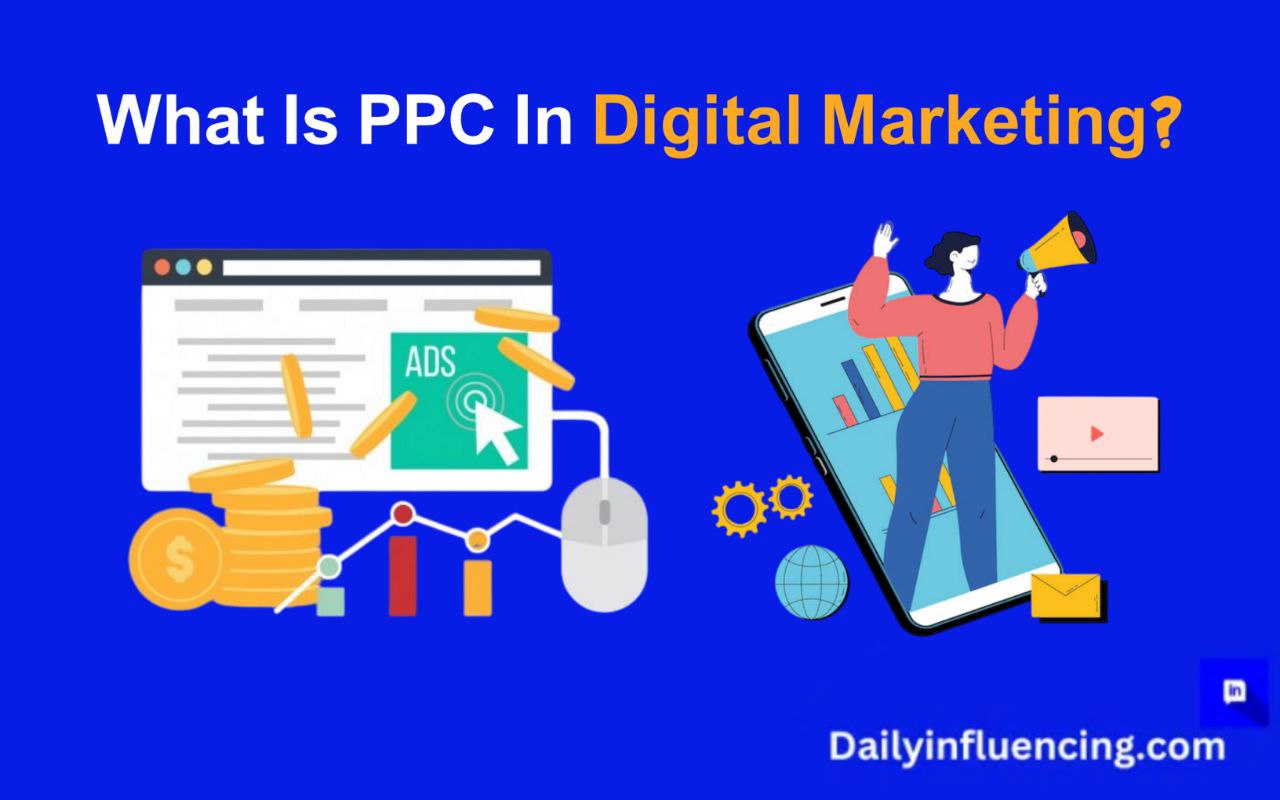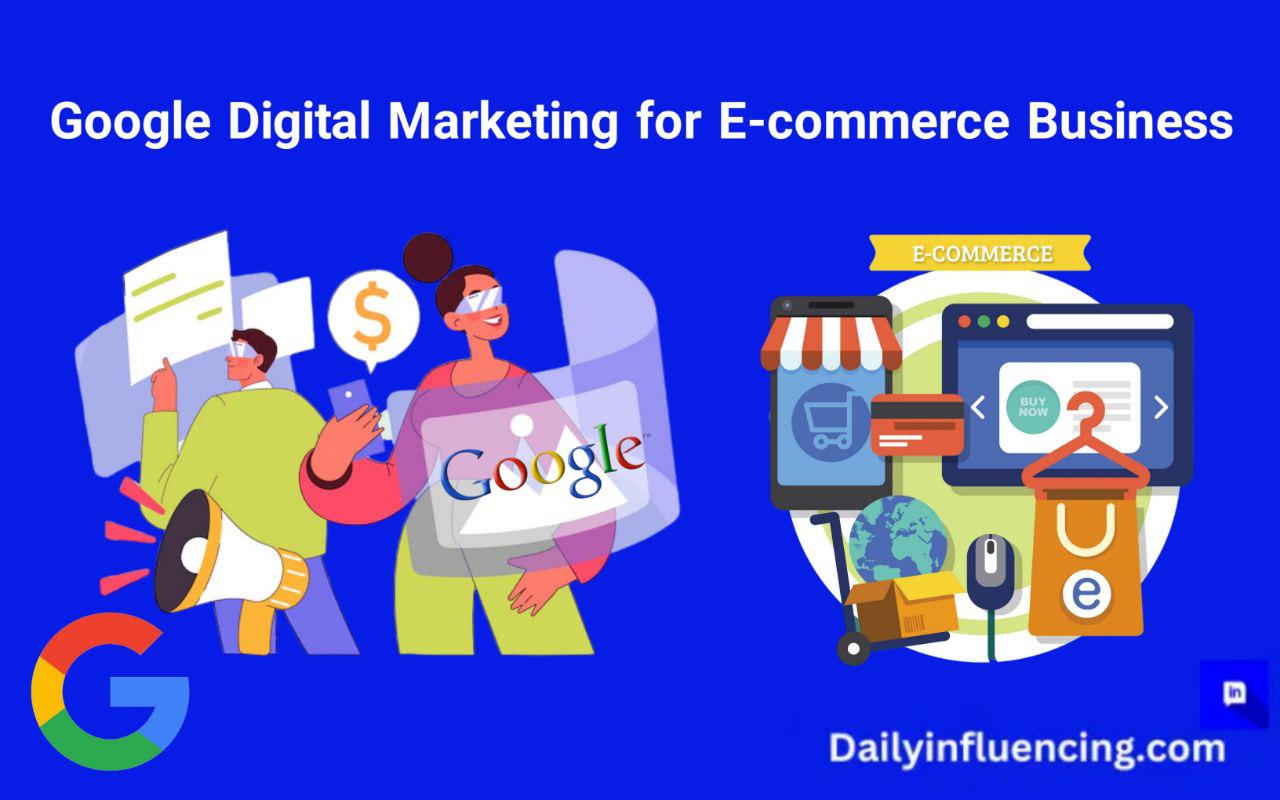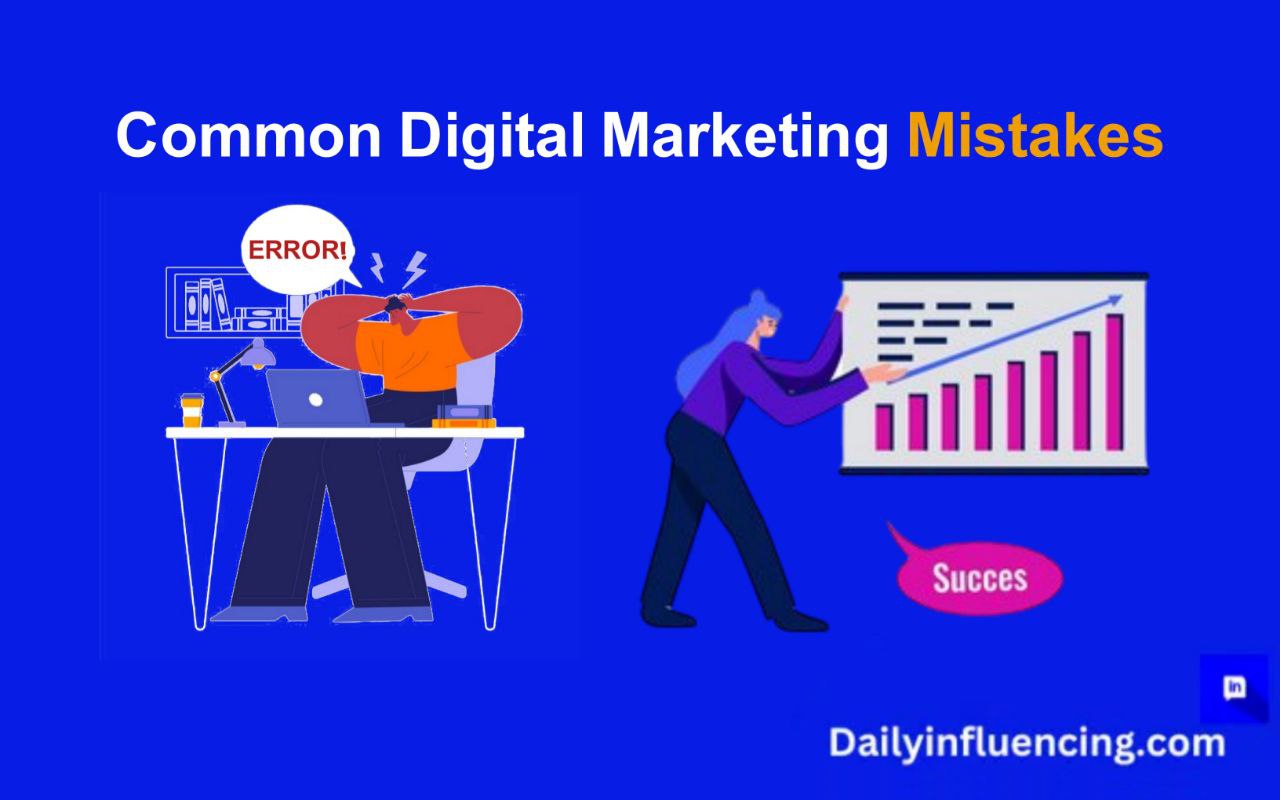
Running a PPC campaign should be an effective way to drive leads and boost conversions, but what happens when the results don’t match your investment? Often, it’s because of overlooked PPC mistakes that lead to marketing budget waste.
Every click that doesn’t convert, every poorly targeted ad, and every misaligned keyword strategy adds up, creating costly PPC errors that silently drain your resources.
It’s a common problem. Businesses of all sizes face these challenges, and without proper adjustments, these mistakes can leave you questioning whether paid search is worth the expense. The truth is, PPC can be an incredibly effective tool—when done right.
In this article, we’ll break down the top five PPC mistakes that could be sabotaging your campaigns and explain how to fix the
1. Neglecting Keyword Match Types
One of the most common PPC mistakes is failing to properly utilize keyword match types in your campaigns.
Google Ads offers several match types—broad match, phrase match, and exact match—that dictate how closely a user’s search query must align with your selected keywords for your ad to appear.
Using the wrong match type can lead to irrelevant clicks, which wastes both your time and marketing budget.
For instance, broad match keywords can trigger ads for search queries that are only loosely related to your offerings.
While this match type casts a wide net, it can also attract clicks from users who have no real interest in your product or service. This not only results in marketing budget waste but also creates unnecessary competition for ad space. It’s a costly PPC error that many advertisers overlook in the rush to set up campaigns quickly.
How to Avoid
To avoid this mistake, take a strategic approach:
- Use exact match keywords for high-intent searches where precision is critical.
- Leverage phrases match to capture variations of a keyword that still align with user intent.
- Regularly review your search terms report to identify irrelevant traffic and add negative keywords to block unqualified clicks.
By refining your use of match types, you can significantly reduce marketing budget waste and improve the relevance of your traffic.
Optimizing match types isn’t just about avoiding costly PPC errors; it’s about making every click count by ensuring your ads reach the right audience with the right intent.
2. Ignoring Negative Keywords
Another critical but often overlooked aspect of PPC management is the effective use of negative keywords.
Failing to leverage this tool is one of the most damaging PPC mistakes, leading to your ads being shown to irrelevant audiences. This ultimately results in unnecessary clicks that drain your marketing budget and yield no meaningful return on investment.
Negative keywords act as a filter, ensuring your ads don’t appear for specific search terms that don’t align with your campaign goals.
For example, if you’re selling premium running shoes, you wouldn’t want your ad to show up for searches like “cheap running shoes” or “free running shoes.”
Without negative keywords in place, these irrelevant clicks can pile up quickly, turning into a costly PPC error that eats away at your ad spend.
How to Avoid
To avoid marketing budget waste, make identifying and implementing negative keywords a regular part of your campaign optimization. Here’s how:
- Review your search terms report frequently to find irrelevant queries triggering your ads.
- Categorize irrelevant terms and add them as negative keywords at the campaign or ad group level.
- Update your list continuously to account for changes in search behavior or new product offerings.
For many advertisers, a well-maintained negative keyword list is the difference between a profitable campaign and one riddled with wasted spend.
Ignoring this essential step in PPC management doesn’t just lead to budget inefficiencies—it also reduces the overall quality and relevance of your traffic. Avoiding this costly PPC error is critical for keeping your campaigns on track and maximizing their impact.
3. Overlooking Ad Copy Optimization
Ad copy is the first impression your audience gets of your product or service. Overlooking its importance is among the damaging PPC mistakes and a direct route to marketing budget waste.
A poorly written ad can fail to engage, confuse your audience, or attract the wrong kind of clicks, all of which result in costly PPC errors that eat into your budget.
Great ad copy isn’t just about being catchy—it’s about being clear, relevant, and action-oriented. Ads should directly address the search intent of your target audience while highlighting what makes your offer unique.
Failing to do this often results in lower click-through rates (CTR), poor ad quality scores, and wasted spend on clicks that don’t convert.
How to Avoid
To optimize your ad copy:
- Focus on your unique value proposition (UVP): What sets your product or service apart? Emphasize benefits rather than features.
- Incorporate keywords strategically: Ensure the main keyword appears in the headline and description to signal relevance to search engines.
- Include a strong call-to-action (CTA): Encourage users to take the desired action, such as “Shop Now,” “Get a Free Quote,” or “Learn More.”
Ad copy should also align with the landing page experience. A disconnect between the ad’s promise and the landing page content not only frustrates users but also wastes your marketing budget by lowering conversion rates. This alignment is essential to avoid costly PPC errors and keep your campaigns running efficiently.
Testing is another crucial part of ad copy optimization. Split-test different headlines, descriptions, and CTAs to identify which combinations perform best.
Continuously refining your ad copy ensures it remains relevant, engaging, and effective at driving high-quality clicks that contribute to your campaign goals.
4. Failing to Monitor and Adjust Bids
Set-it-and-forget-it bidding strategies are among the most common PPC mistakes that lead to marketing budget waste.
Whether you’re overbidding and bleeding funds unnecessarily or underbidding and losing out on valuable traffic, poor bid management can quickly spiral into a costly PPC error that hinders your campaign’s success.
Bids determine where and how often your ads appear, making them a critical component of your PPC strategy. Leaving bids unchecked can result in overspending on low-performing keywords or failing to capture opportunities for high-value clicks.
Both scenarios waste valuable resources and limit your campaign’s effectiveness.
How to Avoid
To avoid marketing budget waste, implement a proactive bidding strategy:
- Use automated bidding wisely: Automated bidding can save time, but it requires constant monitoring to ensure it aligns with your goals. Set clear performance targets such as CPA (cost-per-acquisition) or ROAS (return on ad spend).
- Adjust bids based on performance: Regularly review your campaign data to identify high-performing keywords worth increasing bids for and underperforming ones that require reduction or pausing.
- Account for device and location differences: Certain devices or locations may convert better. Adjust your bids accordingly to allocate budget where it’s most effective.
Ignoring competitive data is another mistake. Tools like Google Ads’ Auction Insights allow you to see how your ads stack up against competitors and whether bid adjustments are necessary to stay competitive.
Failing to monitor and adjust bids not only results in wasted spend but also limits your ability to optimize for conversions. Addressing this costly PPC error is critical to ensuring that your campaign runs efficiently and maximizes the impact of every marketing dollar.
5. Sending Traffic to Poorly Optimized Landing Pages
Even the most perfectly crafted PPC campaign can fall flat if the landing page experience isn’t up to par. Directing paid traffic to poorly optimized landing pages is one of the most overlooked PPC mistakes and a guaranteed way to waste your marketing budget.
A great ad might earn the click, but it’s the landing page that converts visitors into customers.
Landing pages need to deliver on the promise of the ad while providing a seamless and intuitive experience.
A mismatch between the ad’s messaging and the landing page content confuses users, leading to high bounce rates and low conversion rates. This disconnect becomes a costly PPC error, as you’re paying for clicks without seeing any return on investment.
How to Avoid
To create a high-converting landing page:
- Ensure consistency with ad messaging: The landing page should reflect the offer, tone, and intent of the ad. For example, if the ad promotes a 20% discount, that offer should be prominent on the landing page.
- Optimize for speed: Slow-loading pages frustrate users and lead to drop-offs. Google reports that as page load time increases from 1 to 3 seconds, the probability of a bounce increases by 32%.
- Design for clarity and ease of use: Use clear headlines, concise copy, and a strong call-to-action (CTA). Make it easy for users to understand the value of your offer and take the next step.
- Optimize for mobile: With more than half of web traffic coming from mobile devices, your landing pages must be mobile-friendly.
Regularly testing and refining landing pages is essential to avoid marketing budget waste. Tools like A/B testing can help you determine which layouts, headlines, or CTAs resonate most with your audience.
Additionally, integrating tracking tools like Google Analytics allows you to monitor performance metrics such as bounce rates, time on page, and conversion rates.
Sending traffic to a poorly optimized landing page undermines all the effort put into your PPC campaign.
Conclusion
Every PPC campaign tells a story, and at the heart of it are your goals, your audience, and the investment you’re making to bring them together.
But when mistakes creep in—whether it’s poor keyword targeting, irrelevant ads, or wasted spend on ineffective strategies—it’s easy to feel like all that effort isn’t paying off. It’s frustrating, isn’t it? Watching your marketing budget disappear without the results you hoped for.
So, what’s the next step? Don’t let these mistakes hold you back. Dive into your campaigns with fresh eyes, make the adjustments, and watch as your efforts begin to deliver the results you deserve.
Your goals are closer than you think—it just takes a little tweaking and persistence to reach them. Let today be the turning point for your PPC strategy and the success of your business.




